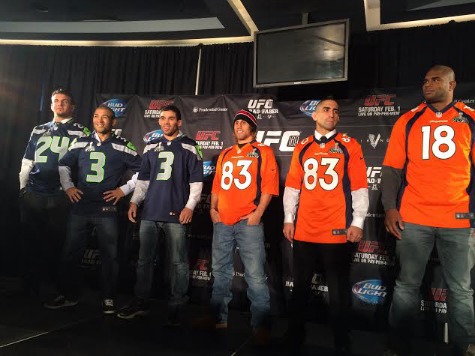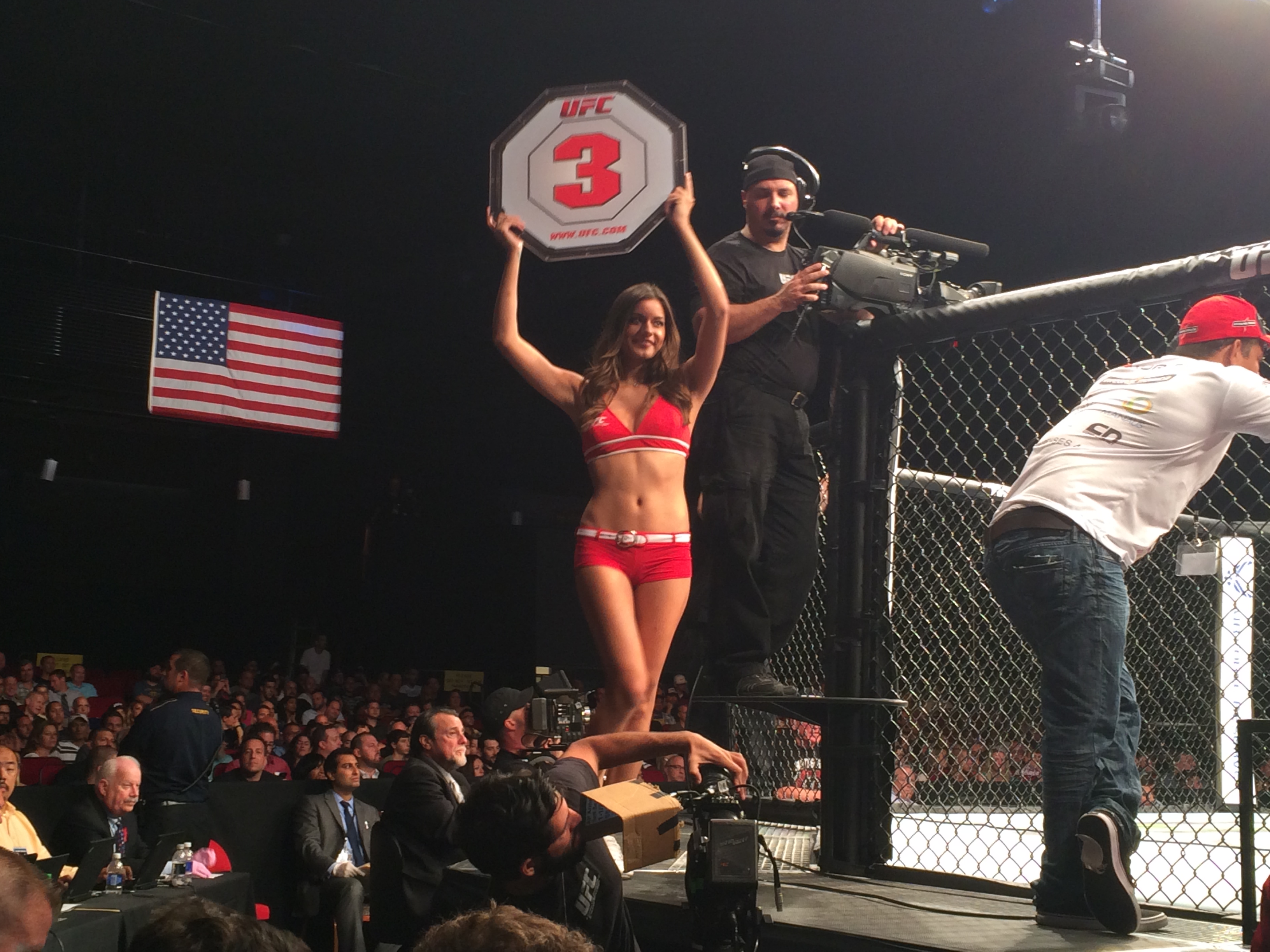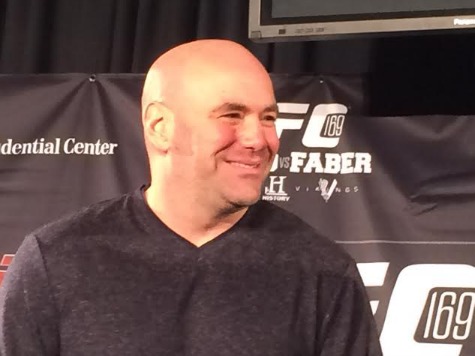Mixed-martial artists Cung Le, Nathan Quarry, and Jon Fitch filed a class-action lawsuit against the Ultimate Fighting Championship on Sherman Anti-Trust Act grounds on Tuesday.
The anti-competitive practices the suit alleges include the purchasing and shuttering of competitors, such as Pride Fighting Championships, World Extreme Cagefighting, and Strikeforce; obligating venues hosting UFC events to not host events by other promotions; and threats against sponsors seeking to support non-UFC fighters and a demand for a cut when sponsors support UFC fighters.
All of this amounts to an unnatural suppression of the market for mixed-martial artists, the suit alleges. Cung Le, et al. v. Zuffa, LLC, filed Tuesday in the U.S. District Court for the Northern District of California in San Jose, alleges that whereas UFC fighters make between 10 and 17 percent of the revenues of bouts, some boxing cards promoted by Bob Arum pay the pugilists 80 percent of the revenue. The litigation estimates the UFC’s value at $2 billion and its current annual revenues at $500 million. Despite the millions, the suit points out that undercard fighters make as little as $6,000 per bout.
“All UFC Fighters are paid a mere fraction of what they would make in a competitive market,” the litigation filed on behalf of fighters by four national law firms asserts. “Rather than earning paydays comparable to boxers, a sport with many natural parallels, Elite Professional MMA Fighters go substantially undercompensated despite the punishing–and popular–nature of their profession.”
The lawsuit effectively uses the words of UFC President Dana White against the promotion. “We’re the NFL,” it quotes him. “There is no other guy.” The legal action points out that in the NFL teams compete for the services of players through free agency. But, with “no other guy,” circumstances force mixed-martial artists to accept the UFC’s terms.

Elsewhere the lawsuit contains a smiling picture of White holding a mock grave stone featuring the names of out-of-business fighting organizations. The brief even includes this tweet boasting of the demise of the UFC’s strongest competitor:
@RBL78 pride is dead dummy! I killed em!!!
— Dana White (@danawhite) October 14, 2012
In a prepared statement shared with Breitbart Sports, the promotion asserts: “The UFC is aware of the action filed today but has not been served, nor has it had the opportunity to review the document. The UFC will vigorously defend itself and its business practices.”

The fighters filing suit each boast notable accomplishments in the sport. Jon Fitch competed against Georges St. Pierre for the UFC welterweight belt in 2008, Nate Quarry–now retired–fought Rich Franklin for the middleweight title in 2005, and Cung Le, a movie star in Asia, won the Strikeforce middleweight championship and bouts against Franklin, Frank Shamrock, and Scott Smith. Le, remarkably, remains under contract with the promotion.
The fighters also hold diverse grievances against the promotion independent of the issues raised in the lawsuit. The UFC raised eyebrows by releasing Fitch, a wrestler with a style that turned off casual fans and led to an inordinate number of scorecard decisions, after a loss despite experts regarding him as one of the better, if more boring, welterweights in the division. Quarry endured debilitating injuries in the promotion, including facial damage requiring reconstructive surgery, that came at great expense to him. A livid Cung Le successfully challenged the validity of the UFC’s overseas testers, which had destroyed samples and violated industry protocols, that embarrassed him by dubbing him a user of performance-enhancing drugs. The UFC rescinded the suspension but not before Le’s name endured damage.
Cung Le, et al. v. Zuffa, LLC summarizes that “the UFC has engaged in an illegal scheme to eliminate competition from would-be rival MMA Promoters by systematically preventing them from gaining access to resources critical to successful MMA Promotions, including by imposing extreme restrictions on UFC Fighters’ ability to fight for would-be rivals during and after their tenure with the UFC. As part of the scheme, the UFC not only controls Fighters’ careers, but also takes and expropriates the rights to their names and likenesses in perpetuity. As a result of this scheme, UFC Fighters are paid a fraction of what they would earn in a competitive marketplace.”
The trio seeks more plaintiffs and triple damages through the class-action suit.

COMMENTS
Please let us know if you're having issues with commenting.